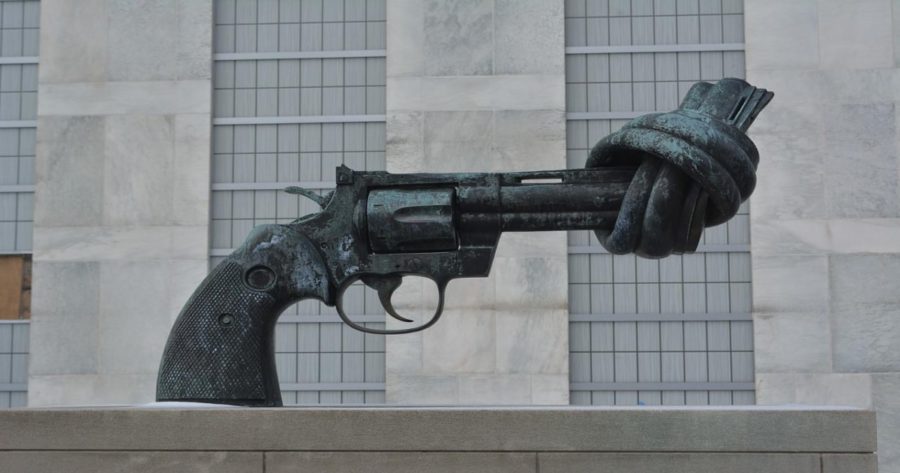When Bill C-21 passes in the House of Commons, the handgun ban will become permanent
Today, individuals and businesses can no longer import restricted handguns into Canada, with limited exceptions. The move announced earlier this month aims to expedite a vital pillar of the federal effort to cap the number of firearms in the country.
This temporary ban means that permits for import-restricted handguns into Canada will no longer be issued to individuals or businesses, subject to narrow exceptions that mirror those in Bill C-21. With stores unable to restock their shelves, these measures will slow the run on handguns until the national handgun freeze proposed in Bill C-21 comes into force.
In May, the government announced a plan to implement a freeze on importing, buying, selling or otherwise transferring handguns to help quell firearm-related violence.
The measure is part of a broader firearms-control package that would allow for the automatic removal of gun licences from people committing domestic violence or engaged in criminal harassment, such as stalking, as well as increase the maximum penalties for gun smuggling and trafficking to 14 years from 10.
Last spring, to ensure the national freeze on handguns could be implemented swiftly, Public Safety Minister Marco Mendicino tabled regulatory amendments in both the House of Commons and the Senate.
However, the regulations are not expected to come into force until this fall, and the accompanying legislative measures have yet to be approved by Parliament. The change will last until a permanent freeze is passed in Parliament and comes into force.
Gun-control group PolySeSouvient praised the interim measure earlier this month as a creative step that would slow the expansion of the handgun market. Conservative public safety critic Raquel Dancho said the move targets law-abiding citizens and businesses rather than illicit and smuggled guns.
The government says freezing the number of handguns in Canada will make people safer, noting they were the most serious weapon present in most firearm-related violent crimes between 2009 and 2020.
In addition, the number of registered handguns in Canada increased by 71 percent between 2010 and 2020 to about 1.1 million.
“The total universe of handguns has exploded,” Mendicino said in an interview. “And at the same time, we’ve seen handgun violence go through the roof. That is not a coincidence — there is a correlation between those two trends.
The growth of the universe of handguns makes them more accessible to everyone, including criminals.”
The Liberals also stress the importance of investing in prevention programs to tackle the root causes of gun crime and stop it before it starts. In addition, the 2021 budget provided more than $312 million in new funding to increase firearms tracing capacity and implement more robust border measures to counter gun smuggling and trafficking.
Mendicino points to a significant increase in gun seizures at the border last year compared to 2020 as evidence of progress.
“I’m confident that we’re making progress in the fight against illegal gun trafficking at our borders.”
“My top priority as minister of public safety is keeping Canadians safe. This temporary ban is further proof that we are using all the tools at our disposal to fight gun crime. It is a key pillar of our plan to address it, along with investments in prevention, action at our borders, a ban on assault-style weapons and Bill C‑21: Canada’s most significant action on gun violence in a generation.” said Marco Mendicino, Minister of Public Safety.
Mélanie Joly, Minister of Foreign Affairs, emphasized that “Canadians deserve to feel safe in their communities. As a government, it is our collective responsibility to explore every avenue to make that so. The temporary ban on the importation of handguns is an important measure in our comprehensive plan to build a safer Canada for everyone.”









